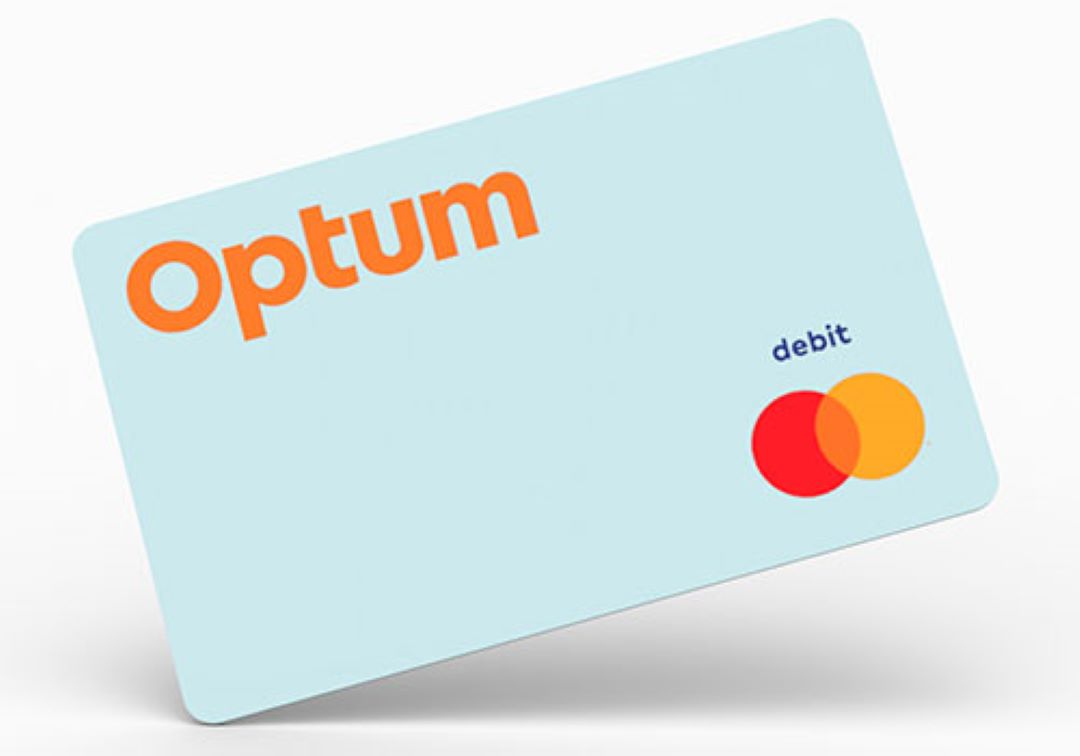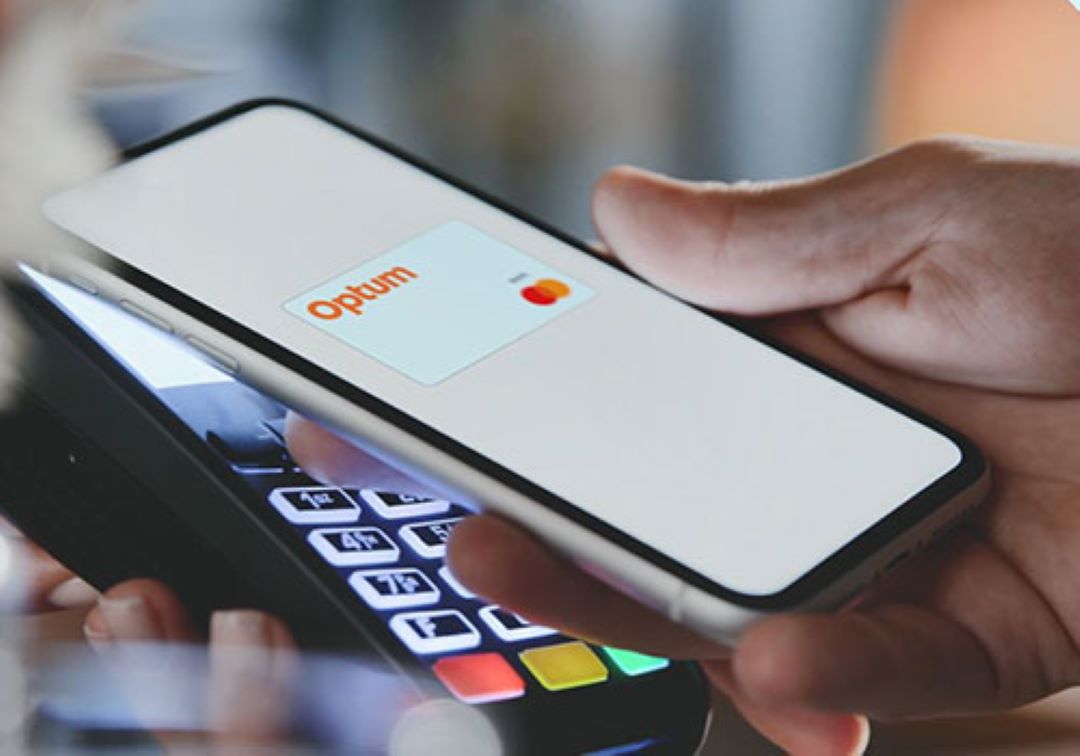As a result of the COVID-19 pandemic, there are a growing number of online schemes in which fraudsters are taking advantage of the national emergency to target consumers. As always, Optum Bank is committed to protect your personal information and we work hard to ensure your account remains safe and secure. Please review these important reminders regarding our security protocols and steps you should take to protect your personal information and Optum Bank health account.
Steps you should take
- Be aware of phishing scams – With the interest in refunds and payments as a result of the COVID-19 pandemic, phishing scams have increased. These scams attempt to trick you into sharing personal information, or to click on a link to receive a refund, which is then used to access your accounts and steal money or identities. These scam emails, text messages or websites often contain:
- Links to fake websites asking for your username, password and account details.
- Spelling or spacing issues, as well as a “from” address or URL that looks familiar but is slightly different.
- A believable story stating your account needs updating, suspicious activity has been detected or claiming there’s a problem that you need to fix.
- Logos or the look and feel of other messages you’ve received from a company you know and trust.
- Protect your identity – Always keep your Social Security cards and other important documents confidential and in a secure place. Never give your private information, such as your debit cards or Social Security number, on a phone call that you did not initiate.
- Be smart about your passwords – Strong passwords contain 10 or more characters and a mix of letters and symbols. Use a different password for each account and update them every three to six months. Do not share your passwords with anyone.
- Monitor your account – Check your account balance and bank statements frequently, at least every month to detect discrepancies or fraudulent or unauthorized activity. Report any suspicious findings to Optum Bank immediately by calling the number on the back of your card. If you identify and report unauthorized activity within 60 days of issuance of a statement, you may not be held liable in accordance with the Optum Bank Card Holder Agreement.
- Report any suspicious activity – If you detect unauthorized activity on your Optum Bank health account, or receive a suspicious communication that appears as if it is from Optum Bank, call the number on the back of your card immediately. You may also review this page developed and maintained by the Federal Trade Commission (FTC) to aid consumers in fraud issues related to COVID-19, including common scams, where to report it and security tips.
How Optum Bank protects your account
Optum Bank performs routine monitoring to detect suspicious and unauthorized activity on your account and Optum Bank debit Mastercard®. However, some unauthorized activity can appear legitimate and not be detected. You are ultimately responsible for regularly monitoring your account and promptly reporting any unauthorized activity. We will never reach out to you over the phone or via email to request sensitive information, such as address, birthdate, Social Security number, PIN or debit card number.
We require complex passwords using uppercase and lowercase letters and symbols to keep your account secure. We use encryption to protect your information, including your username, password and account details. And, you are automatically signed out of your online account after a predetermined amount of time.
For additional information on account security, please visit security.
Featured resources

Article
Learn how to use your HSA–FSA card online and in store to pay for and save on medical expenses like doctor visits, medicine and more.

Article
Protecting your personal information and identity is important. Optum Bank works hard to ensure your accounts stay safe and secure at all times.

Video
Add your HSA card to your phone or watch and always have access to your account funds.

